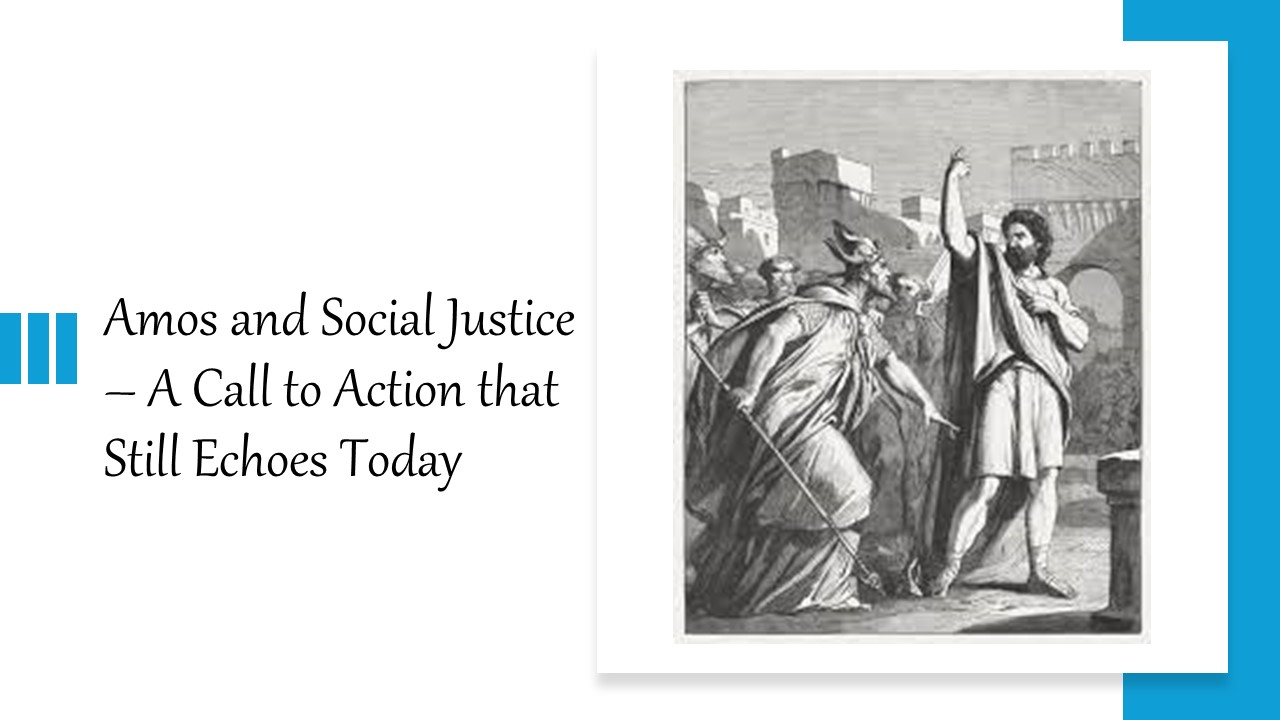Today’s episode explores the unusual miracle of Jesus cursing the fig tree during Holy Week, specifically on the morning after His Triumphal Entry into Jerusalem. As Jesus and His disciples walk from Bethany to Jerusalem, Jesus, being hungry, approaches a fig tree with leaves, expecting to find early fruit. Discovering only leaves, He curses it, declaring it will never bear fruit again. The next day, the disciples find the tree withered to its roots. This act, unlike His healing miracles, serves as a powerful prophetic sign of judgment rather than restoration, and its placement in Mark's Gospel immediately before Jesus' cleansing of the Temple is intentional.
The miracle's deeper meaning lies in its symbolism of spiritual barrenness and hypocrisy. In biblical tradition, the fig tree often represents Israel, and its outwardly lush appearance with leaves but no fruit signifies a religious life rich in ritual and external show but lacking true spiritual fruit like justice, mercy, and faithfulness. Jesus' action is a living parable exposing the danger of outward religiosity without inner transformation. The rapid withering of the tree in Matthew's account, or its decay noticed the next day in Mark's, underscores the seriousness of God's inspection for genuine fruit.
The episode emphasizes five key revelations about Jesus: He is a righteous judge, His authority extending over creation and confronting spiritual pretense; He exposes hypocrisy, desiring genuine inner transformation over outward show; He seeks true worship, a heart-rooted relationship over empty rituals; He teaches faith that bears fruit, connecting fruitfulness to abiding in Him and bold prayer; and He connects forgiveness to fruitfulness, highlighting unforgiveness as a root of spiritual barrenness. The miracle challenges listeners to examine their own lives for authentic fruit, respond with repentance, abide in Christ for true fruitfulness, practice forgiveness, and pray boldly, ensuring their lives are rooted in God and not merely displaying outward "leaves."

In this episode of the 10:10 Thrive Podcast, the story of the rich young ruler is explored as both a powerful encounter in the...

In this episode of the 10:10 Thrive Podcast, we reflect on Jesus’ profound interaction with Mary and Martha in their home in Bethany. These...

Amos's message resonates deeply with today's issues of injustice and exploitation, echoing the concerns of Jesus's own ministry. Both figures called for radical accountability,...